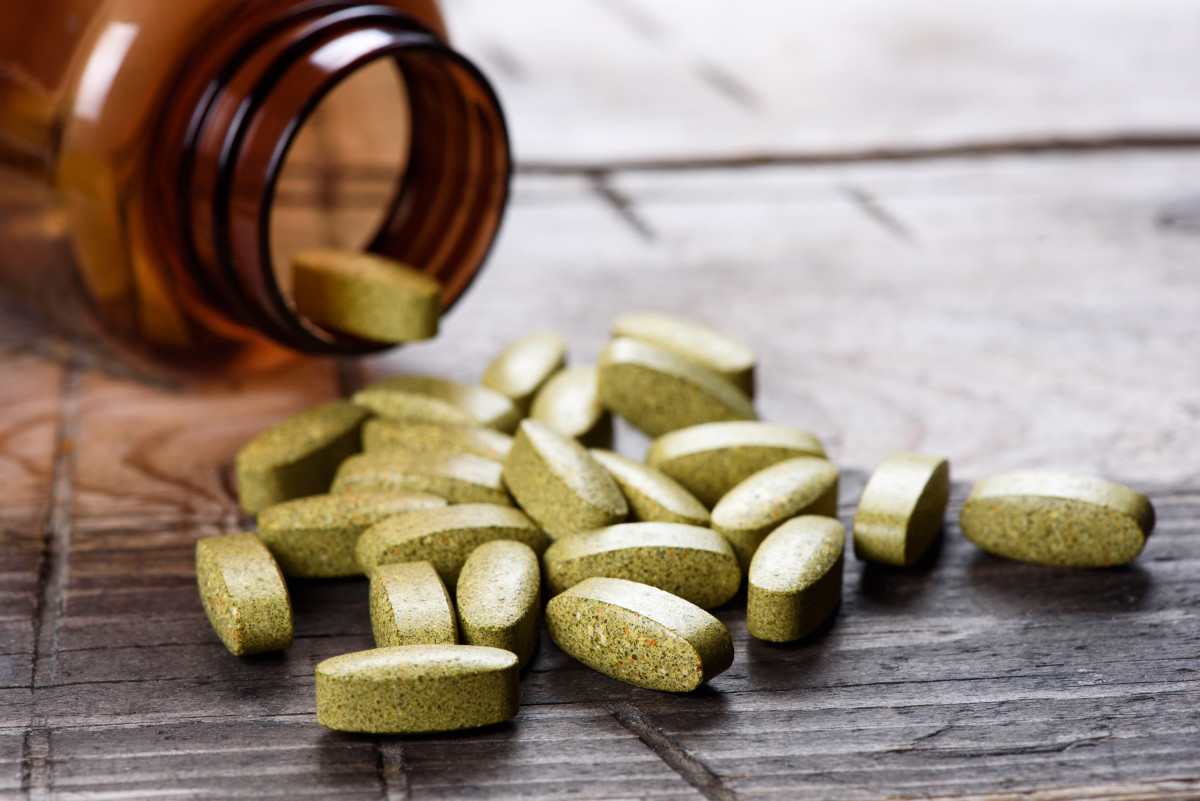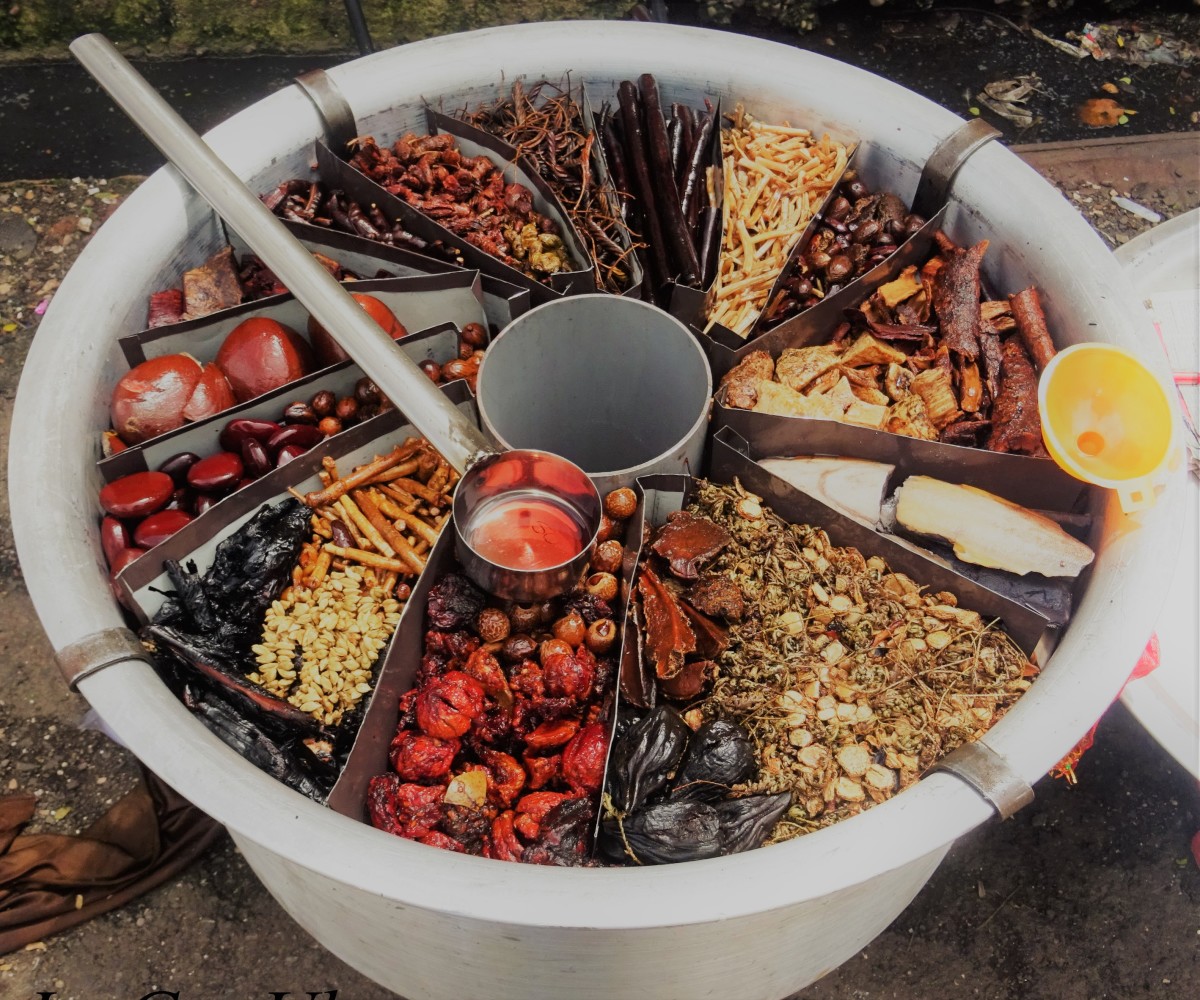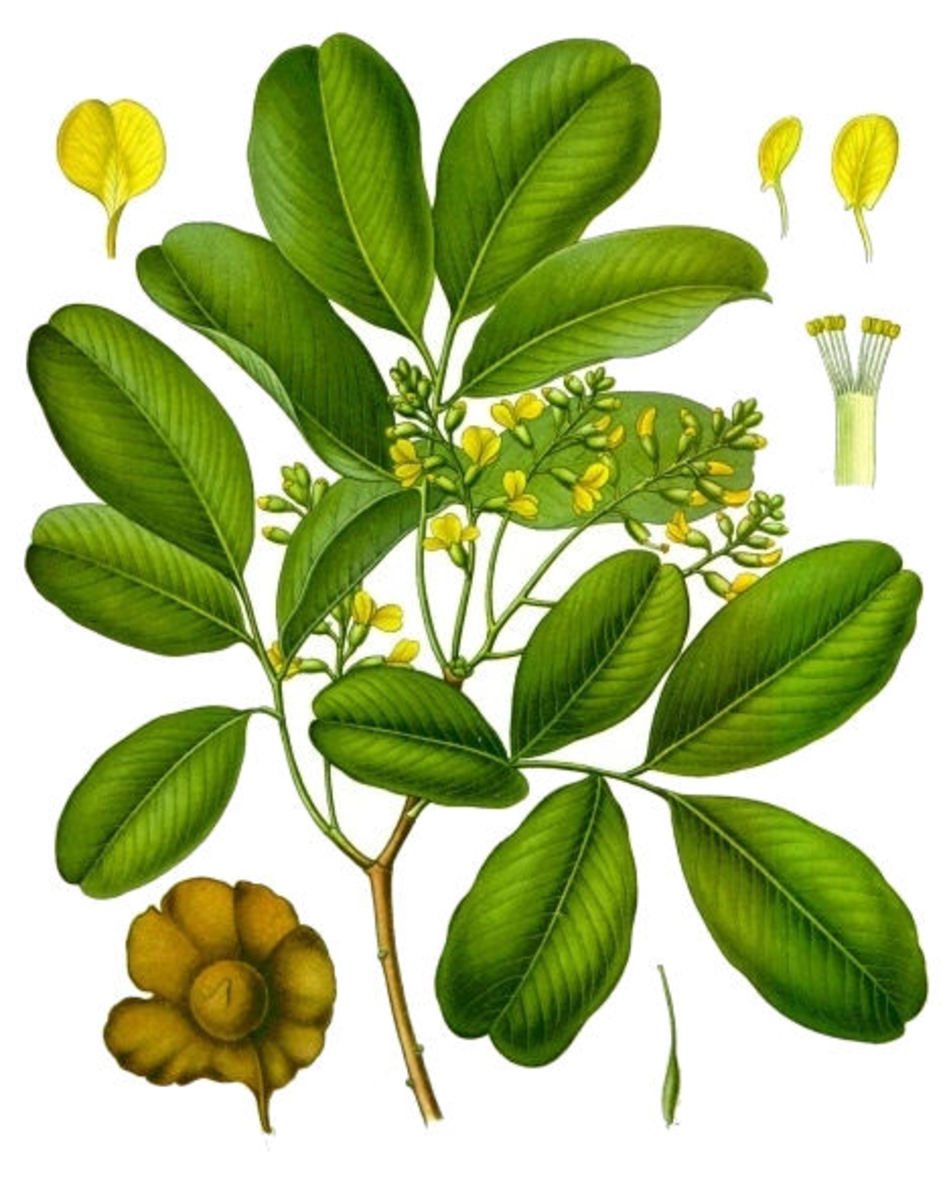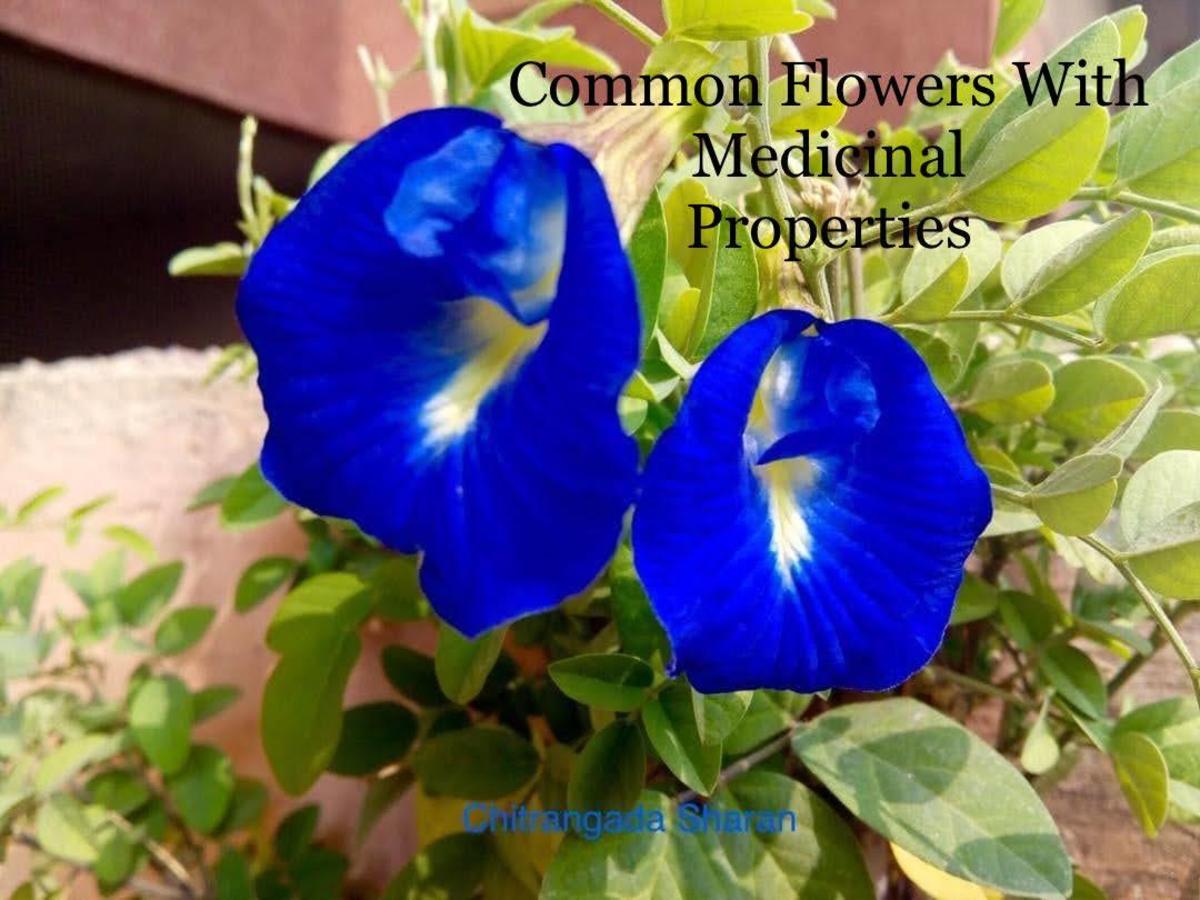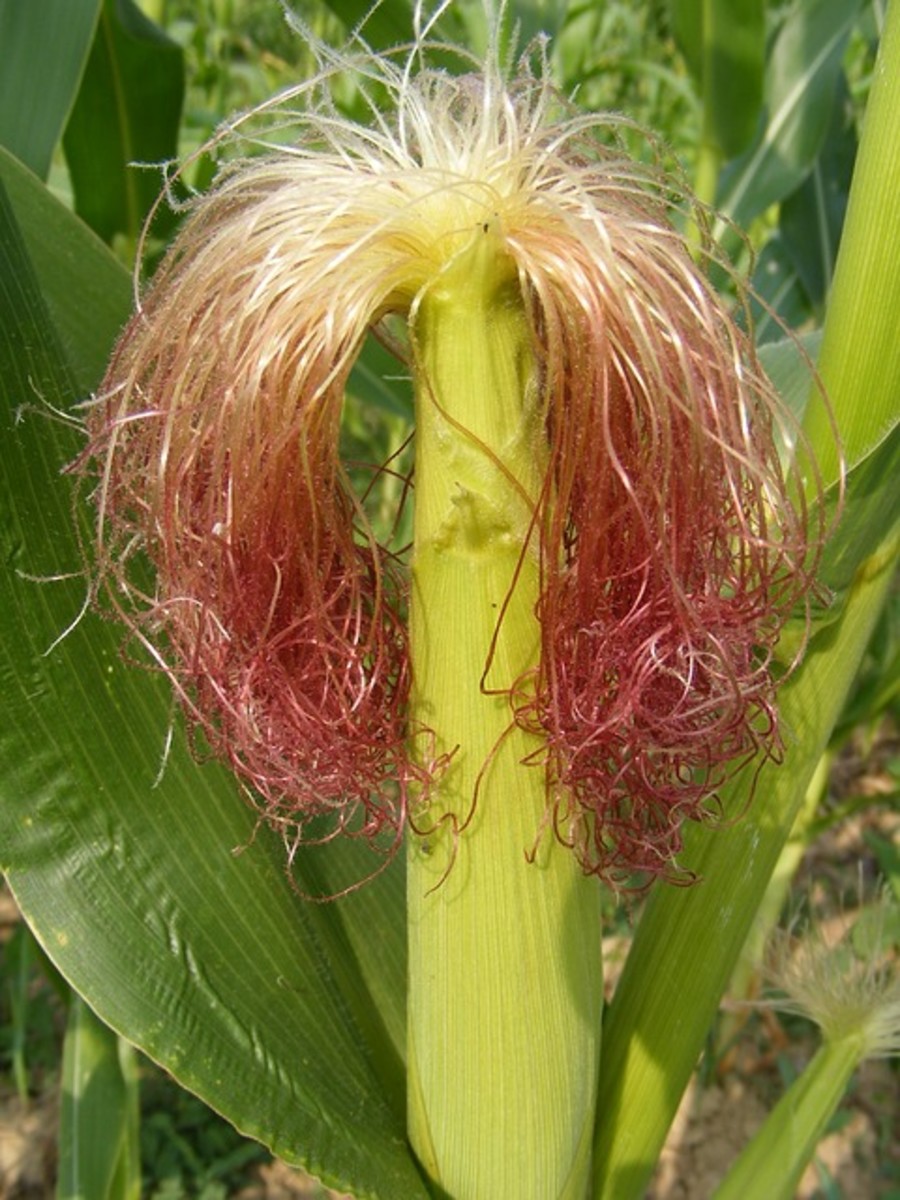Herbal Remedies Facts
Herbal remedies were the first medicinal practice of human race. There was a time when humans only lived with animals and plants or herbs. Eating different herbs and plants had precipitated a cumulative experience of their properties, when consumed in different conditions.
The modern communication revolution made humans in different places of the world, to recognize each other secrets of practice of empirical medicine, and consequently 80% of the present world population use herbal remedies.
This has made the regulatory medical bodies in different countries, having not much to do with confirming the health effects, in the usual adopted methods which deal with separate or combined individual chemicals ( one herb may contain hundreds of phyto-chemicals).
The job of FDA (Food and Drug Administration in USA) is to prove that a herbal remedy is only unsafe for consumption, regardless its health effects.
A multibillion industry with a little regulation, must create opportunists (Many herbal supplements don't even contain the ingredients they claim).
What do You Think of Herbal Remedies
- ConsumerLab.com - independent tests and reviews of vitamin, mineral, and herbal supplements
ConsumerLab.com provides independent test results, reviews, ratings and comparisons of vitamins, supplements, herb and nutrition products to consumers and healthcare providers. - FDA - Foods
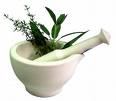
Before You Buy Herbal Supplements
- Herbal remedies do work when they are used correctly.
- Don't be fooled by the "natural" thing, poisons are also natural
- Make your research well if you have a chronic health problem, some patients are targeted when they have a chronic or incurable disease like cancer, obesity, diabetes, alzheimer ...etc
- Keep an eye on unusual feelings or effects because herbs may interact with foods or drugs
Hrbal Remedies Interact with Drugs
- Hawthorn touted as lowering blood pressure and cholesterol and as effective in angina, should not be taken with the common heart drug Lanoxin (Digoxin). Together they can lower heart rate and possibly cause hear failure
- Ginseng is not taken with The blood thining drug Coumadin, as the later is a very powerful drug that leaves a little room for error. According to research, Ginseng can increase blood pressure (bleeding?)
- Garlic capsules should not be taking without consulting your doctor, if you take oral hypoglycemic drug (diabetic) as decrease in blood glucose may be dangerous, or with anticoagulant drug to avoid extreme blood thinning
- Goldenseal should not be taking with anti-hpertension drugs, or medication to control kidney disease or diabetes. It raises blood pressure and affects electrolyte balance
- Feverfew should not be combined with other migraine medications, as the patient's heart rate and blood pressure may rise to dangerous levels
- Kava acting on the central nervous system should not be taken with substances with CNS effects like alcohol, barbiturates, anti-depressant , and anti-psychotic drugs
- St. John's Wort should not be taken with MAO inhibitor antidepressant drugs. It works similarly
- White Willow should not be taken with Aspirin, they both may cause stomach ulcer as well as increased blood thinning effect (aspirin is derived from white willow)
Herbal Remedies Interact with Foods
- St.John's Wort when taken with foods that are high in Tyramine like aged cheese, chicken liver, certain red wines, yeast extract, bologna (and other processed meats), dried or pickled fish, legumes, soy sauce, ale, overly ripe avocados and beer may produce some of the effects of combining these foods with MAO inhibitor drugs, which include rapid rise in blood pressure, a severe headache, and perhaps collapse (certainly not to the same level as MAO inhibitor drugs)
- Black licorice used for stomach upsets, with digoxin may produce irregular heart rhythms and cardiac arrest. Licorice also interacts with diuretics (hypo-kalemia), and calcium channel blocker anti-hypertension drugs
- Grapefruit juice used in some diet plans, modifies the body's way of metabolizing medications like, calcium channel blockers, cholesterol control medications, some psychiatric medications, estrogen, oral contraceptives, and many medications used to treat allergy
- Leafy green vegetables recommended for weight loss, are high in vitamin K and should not be taken in great quantities while taking Coumadin, as they may cause blood clotting and negate the drug effect
- Xanthines (like in Ephedra) and asthma drugs taken together can cause excessive excitability
- Strawberries, Raspberries, Spinach, and Rhubarb reduce body's ability to absorb iron and calcium
- Raspberries contain a natural salicylate that can cause an allergic reaction in aspirin sensitive people, it may aggravate aspirin effects

